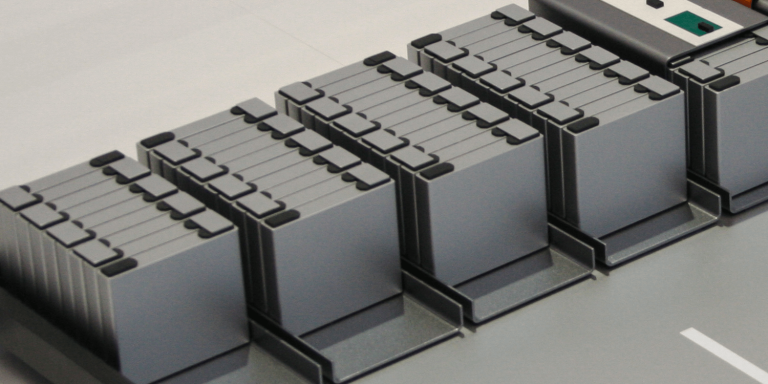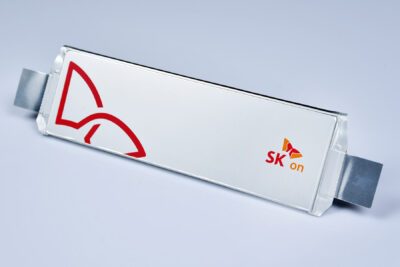Max Planck Institute scores millions in EU grant
6.5 million euros from the European Research Council (ERC) go to the Max Planck Institute of Colloids and Interfaces in Potsdam, Germany. With this funding, the researchers aim to increase the density of batteries four to six times.
At the same time, the team around Professor Markus Antonietti wants to reduce prices for energy storage to one-tenth. “At present, the batteries are very expensive and very heavy. We need much cheaper systems to make a sustainable power supply for households and society affordable in the future,” says Antonietti.
What used to be an energy crisis, is becoming an energy storage crisis, the institute suggests. The researchers, therefore, concentrate on developing “fundamental alternatives for storage,” the professor explains.
Their approach includes “novel liquid salts as solvents and novel energy transitions that only exist on the nanoscale and that get more voltage out of each electron,” says Antonietti. His research group claims to know how to make small pores in new carbons. “To be precise, the pore is at the centre of our work,” adds Antonietti.
Their work is joined by Patrice Simon, described as a leading electrochemist in the field of supercapacitors at the University of Toulouse, France. Simon’s team in France works on the electrochemical processes during storage itself.
The partnership is crucial to the funding now received through the ECR’s Synergy Grant programme. Synergy Grants require research teams consisting of two to four researchers to apply.
In total, 440 proposals were received, and 34 teams from 22 countries received a research award. Germany is involved in 18 research projects, and 7 of the 34 Synergy Grants go to Max Planck Institutes of the Max Planck Society.
The statement does not disclose details on the state of research and the next steps the new funding enables. From the looks of the project, this seems to be research first with nothing indicating industrialisation yet.
Saltwater batteries are known from stationary applications, but the researchers are interested in mobile applications. The institute mentions lithium batteries in electric vehicles that “must be replaced by alternatives” as they are “relatively expensive, heavy, environmentally harmful if they are not properly disposed of.”





0 Comments